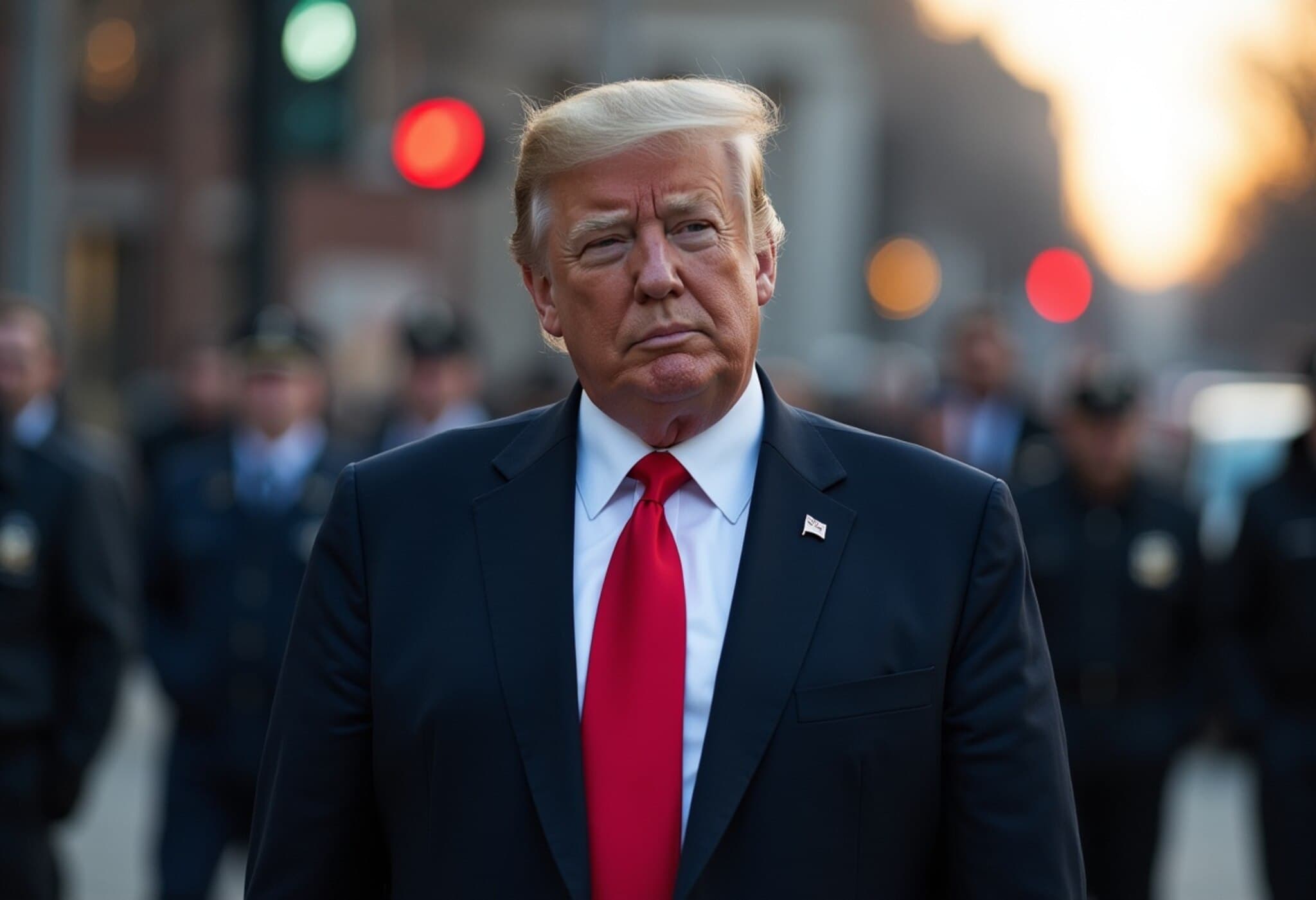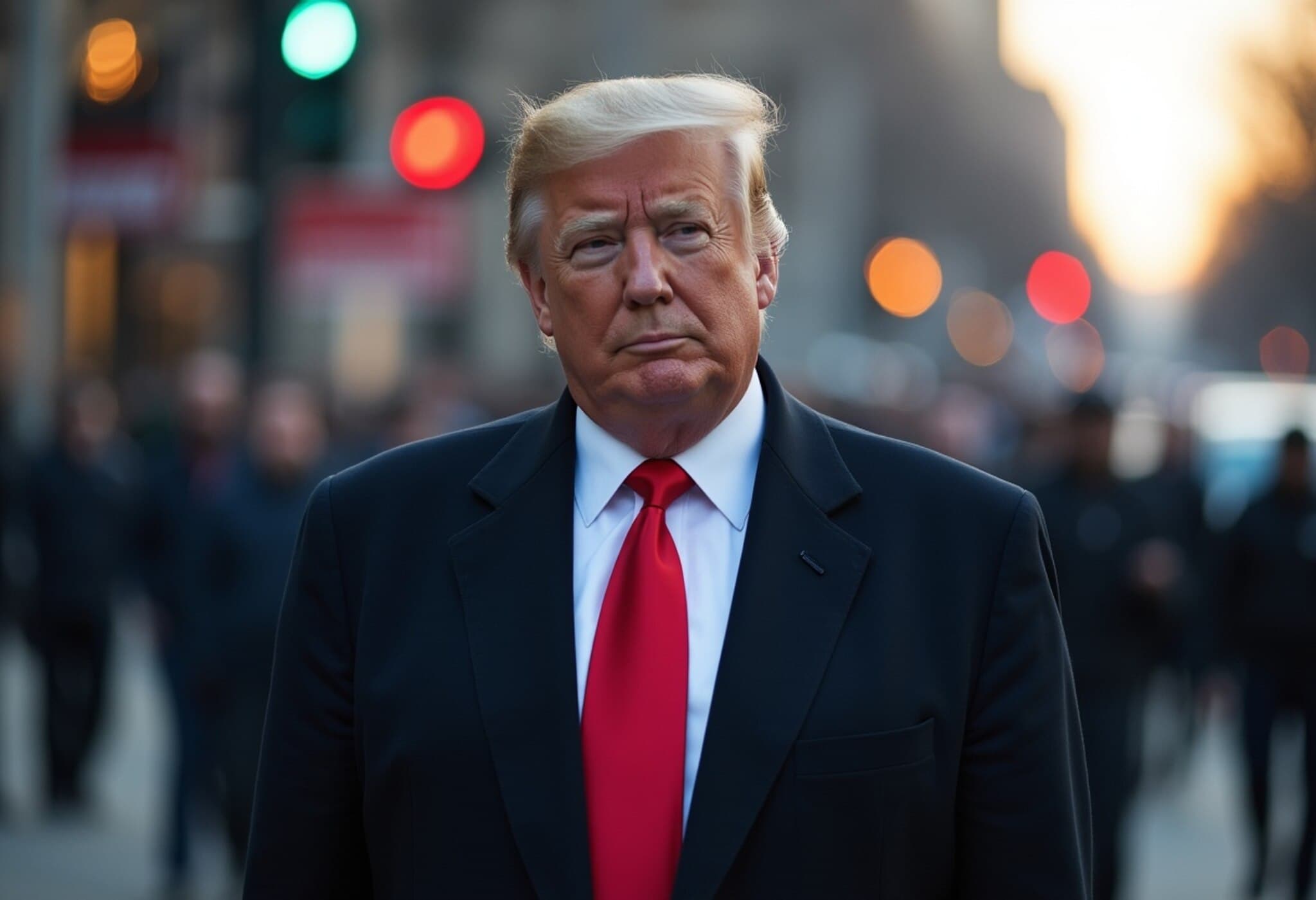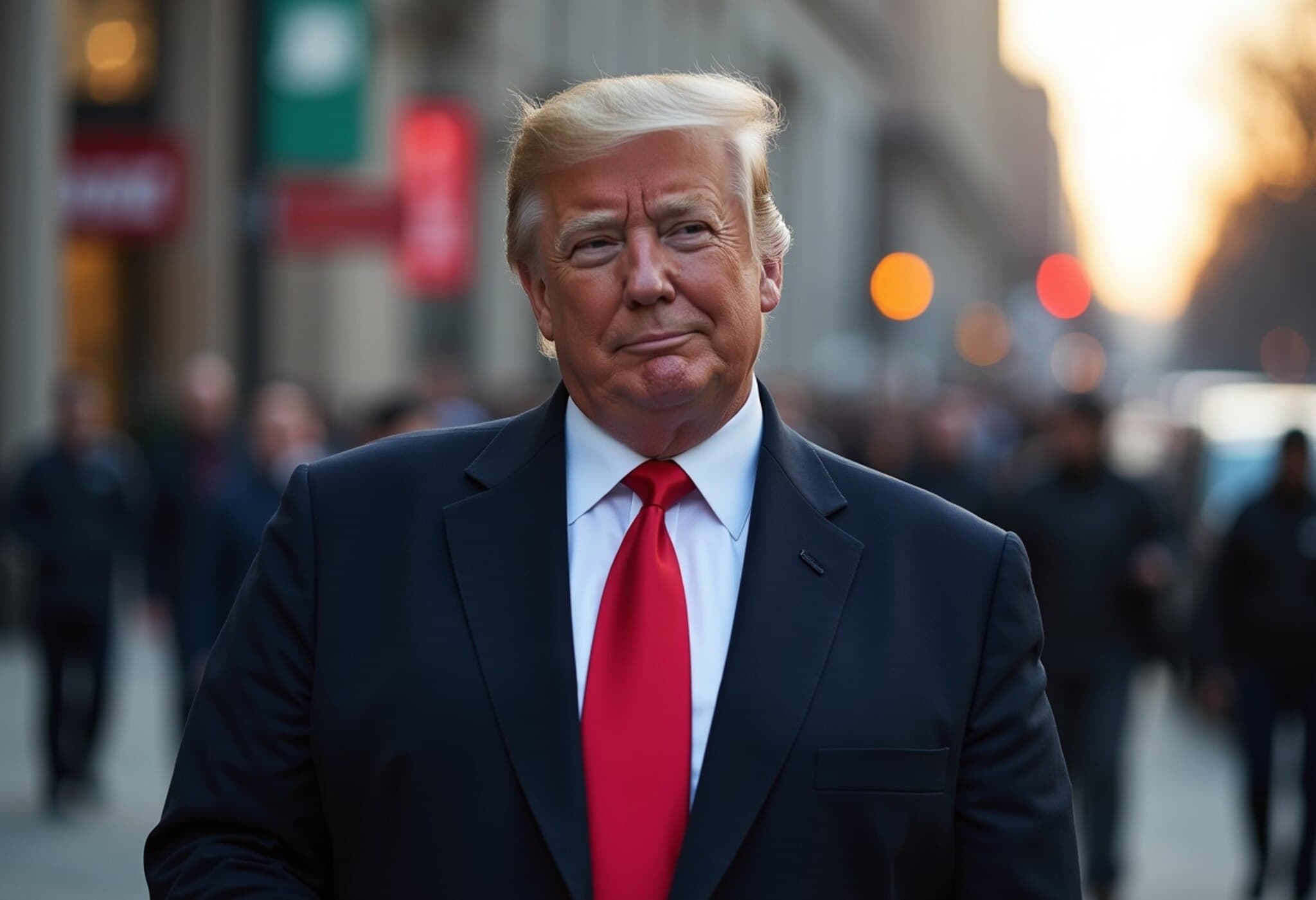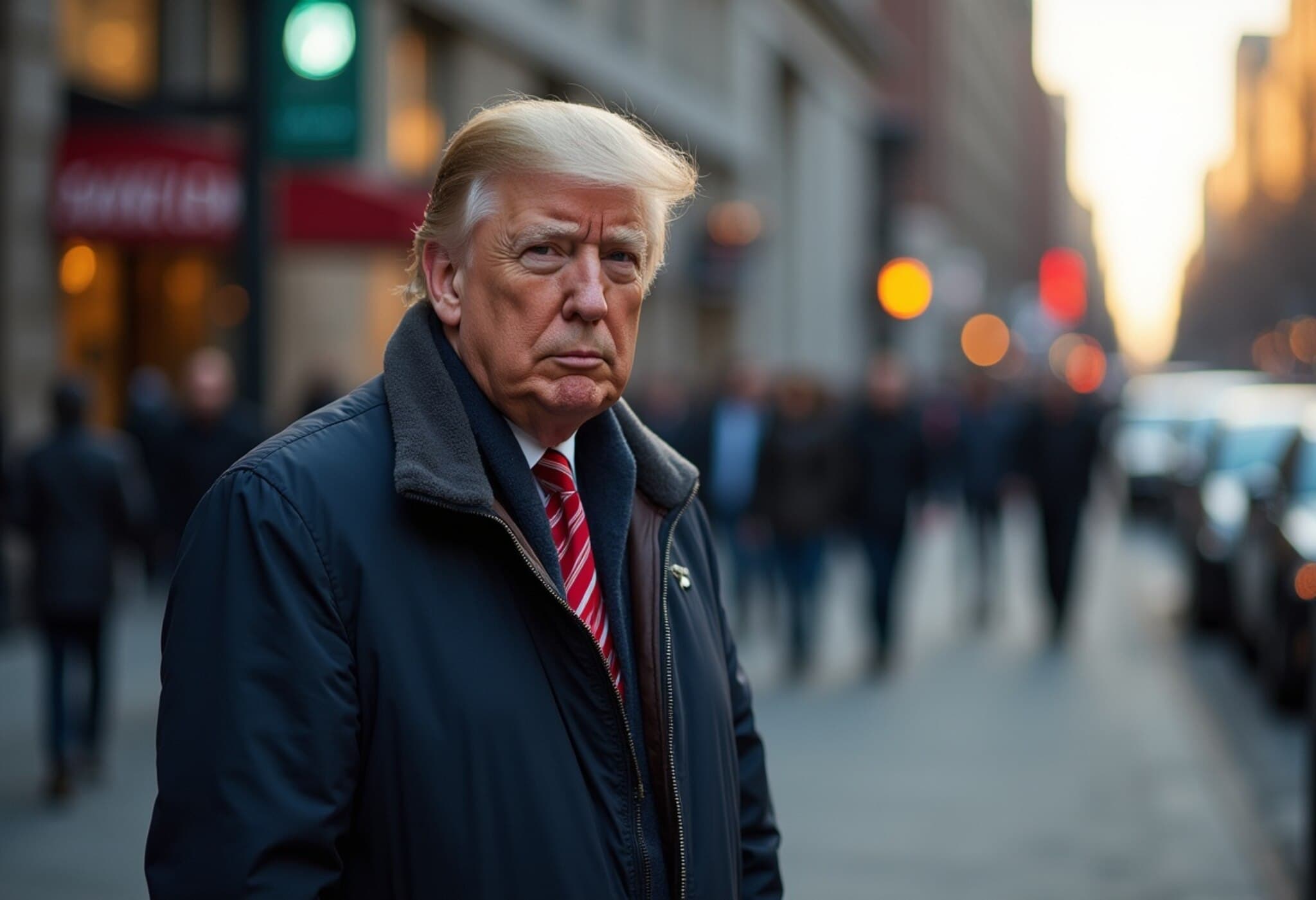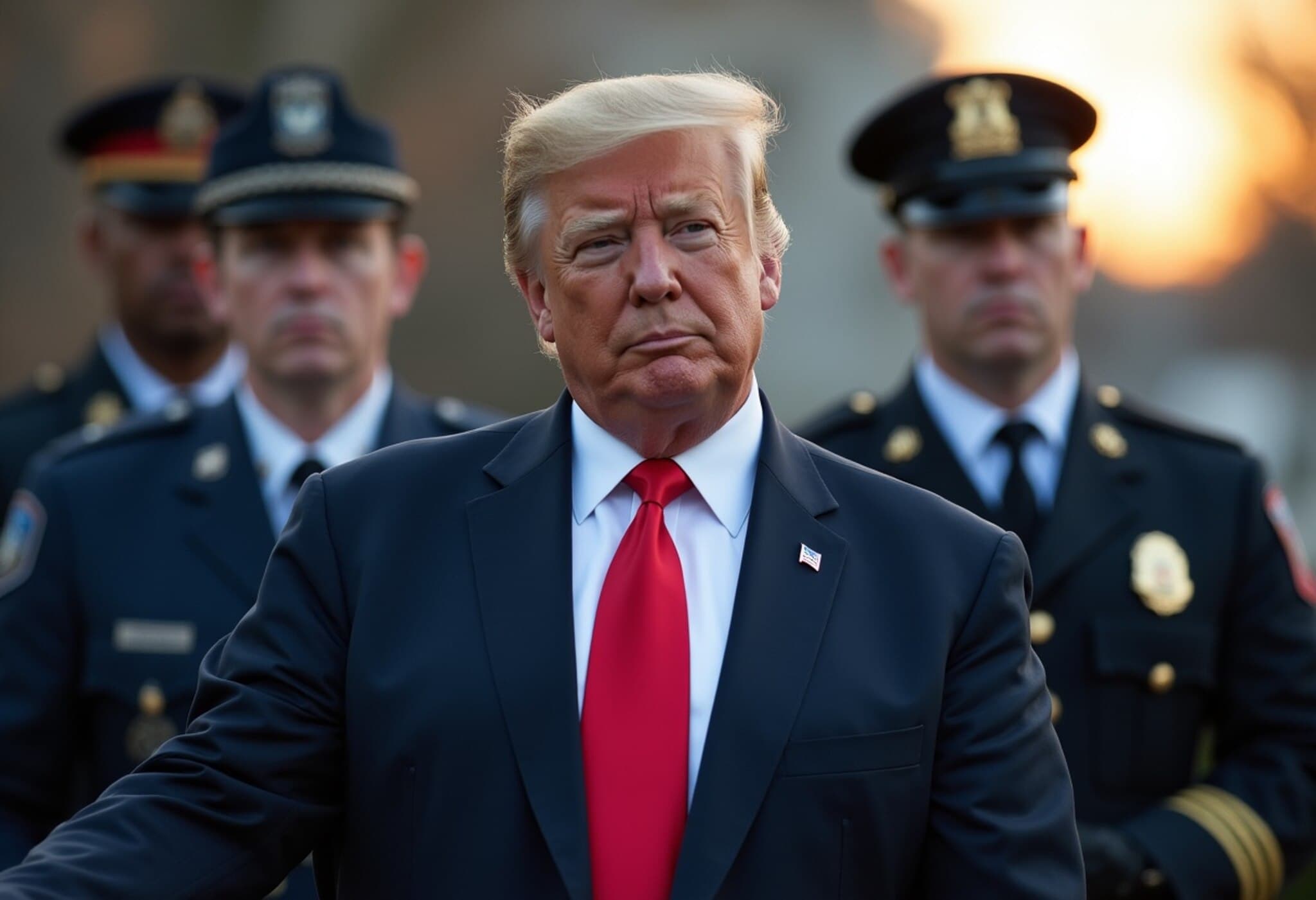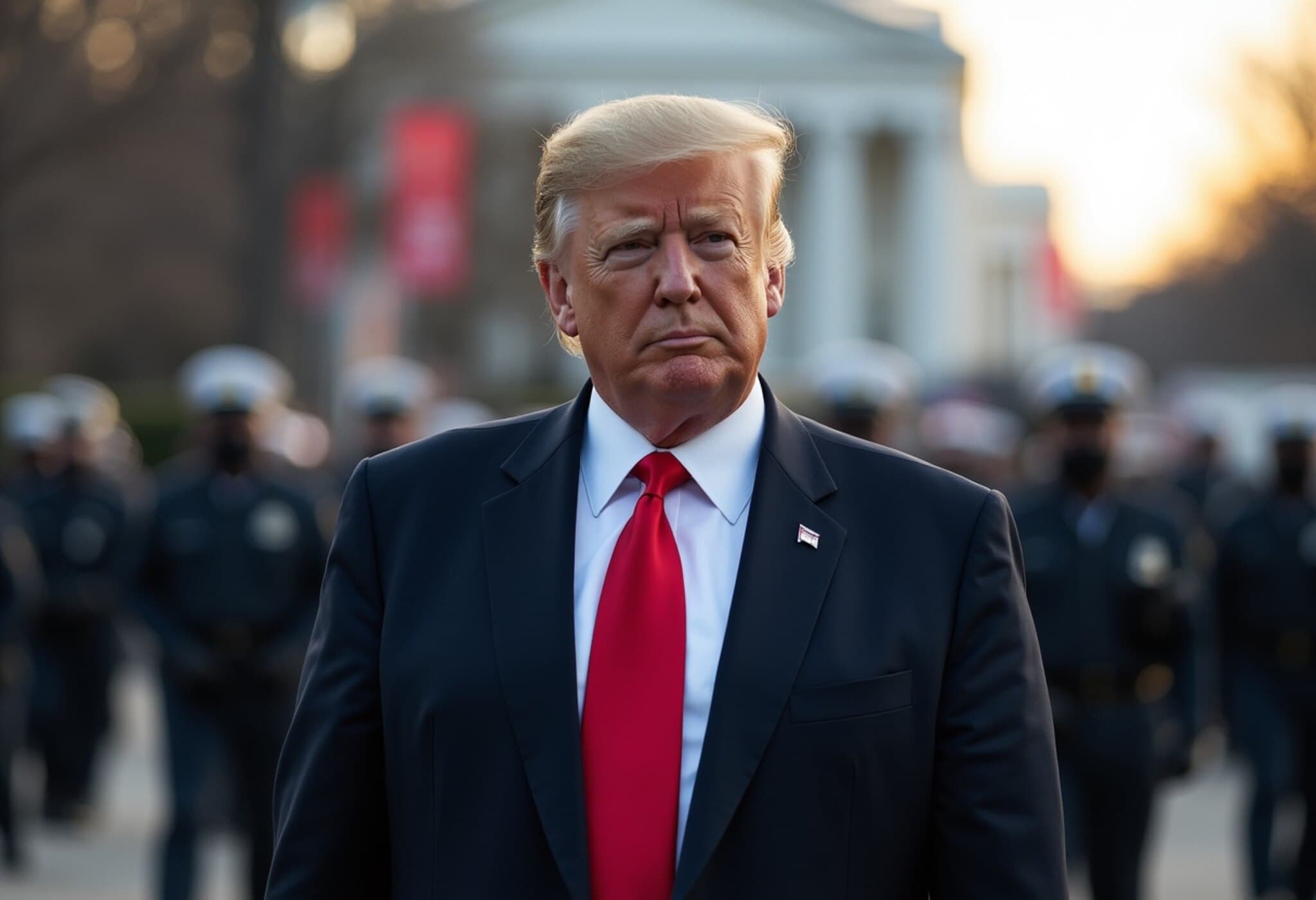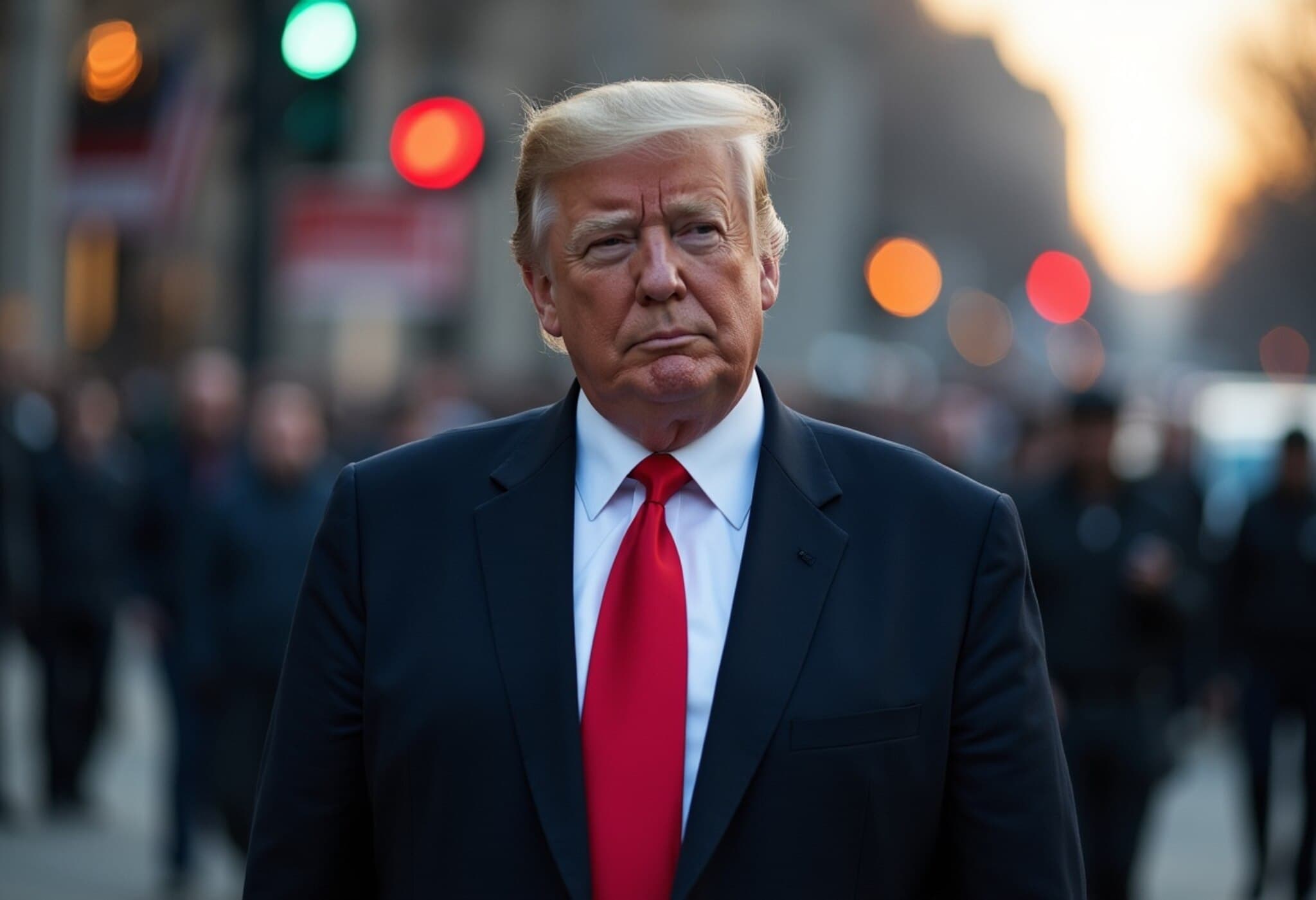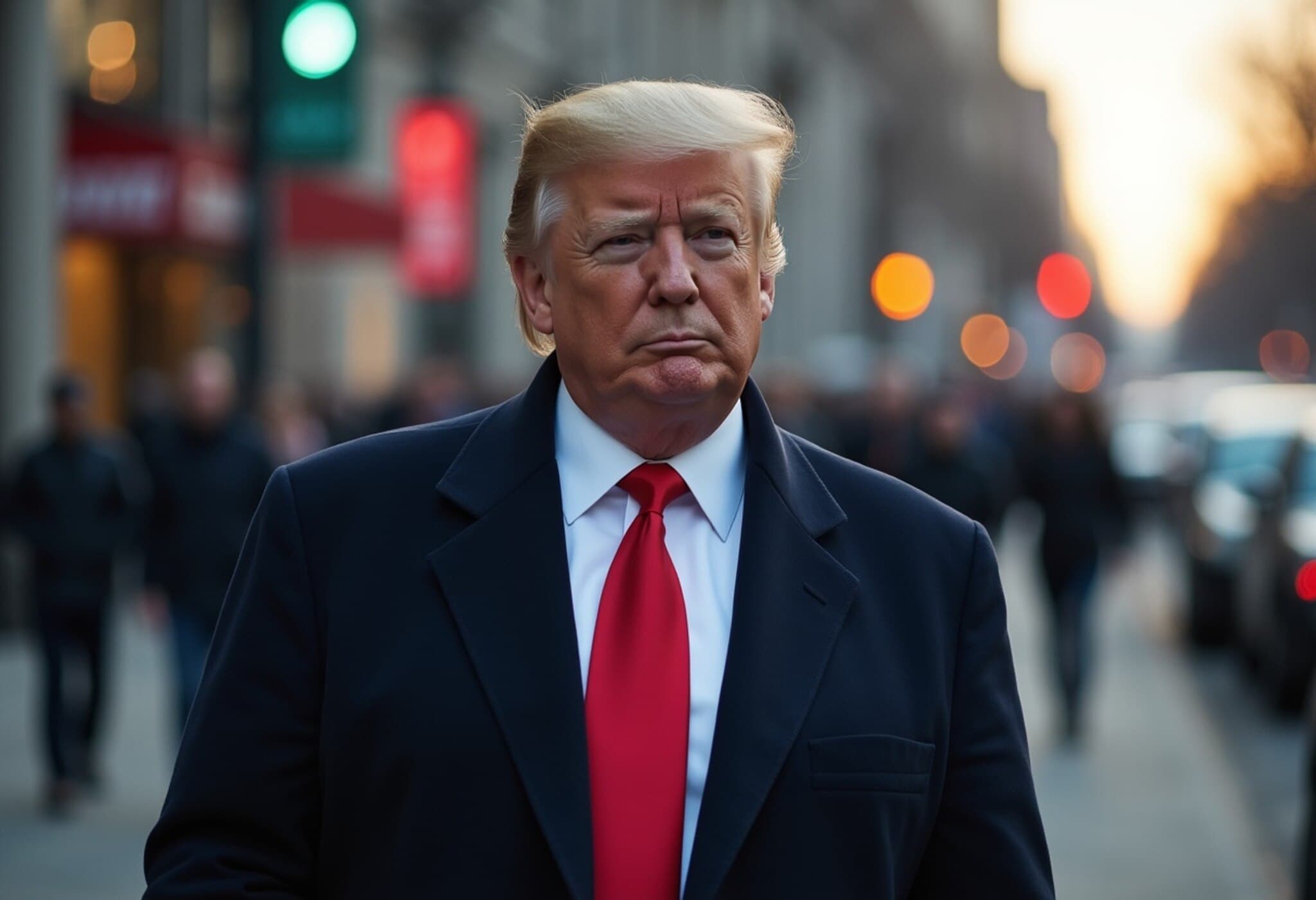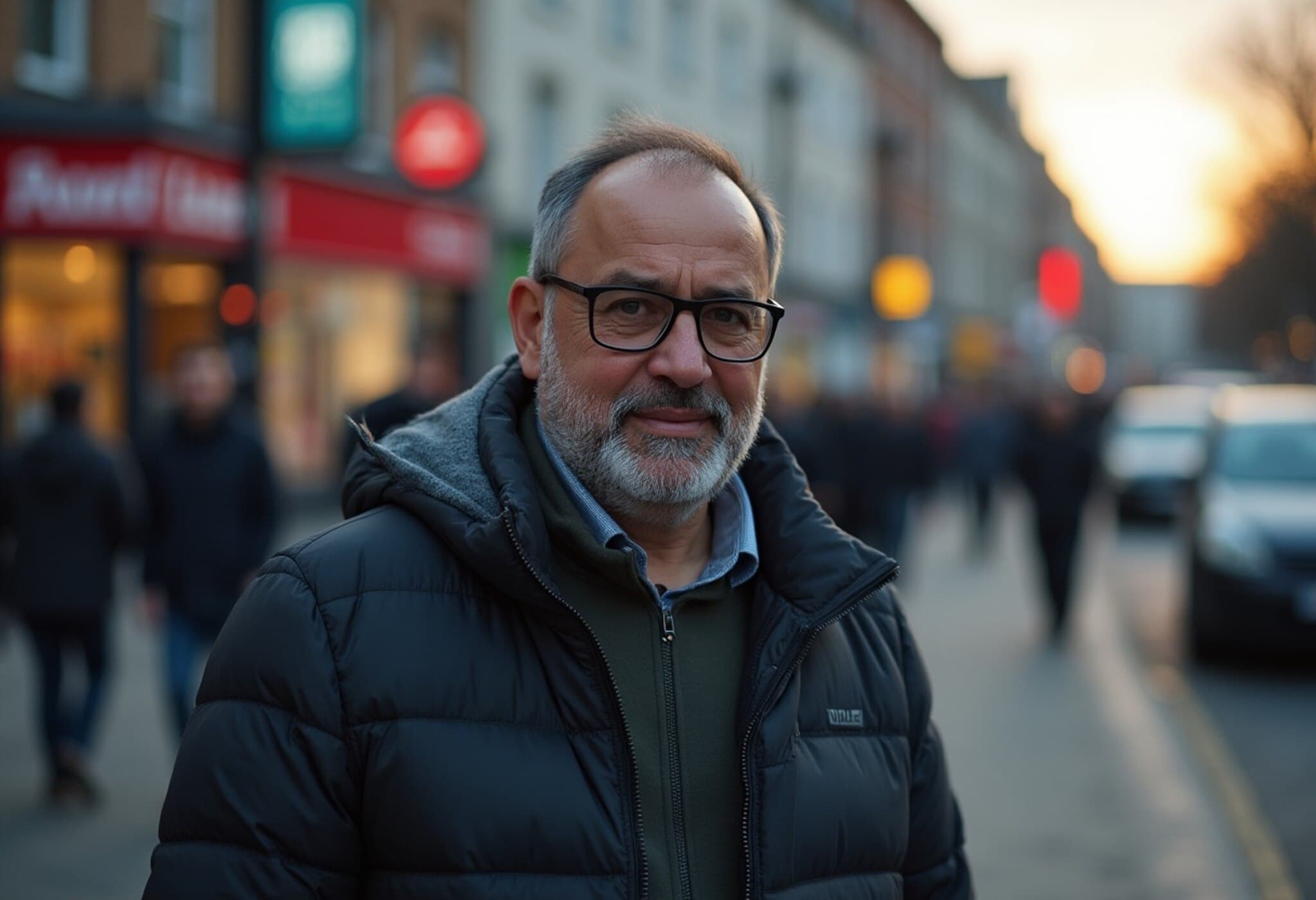Trump Seizes Control of Washington, DC Police in Historic Move
In a surprising and decisive announcement, former US President Donald Trump declared a temporary federal takeover of the Washington, DC Metropolitan Police Department. Alongside this unprecedented intervention, he ordered the deployment of 800 National Guard troops to the nation’s capital, citing a pressing need to address soaring crime rates. The announcement, made during a lengthy 78-minute White House press briefing, underscored Trump's assertion that the city faces intolerable levels of violence and disorder.
The Legal Foundation: Understanding the Home Rule Act
Trump invoked Section 740 of the District of Columbia Home Rule Act of 1973, a statute designed to balance federal oversight with local self-governance. This law, which empowers DC residents to elect their own mayor and council, simultaneously grants the president emergency powers to intervene when "special conditions of an emergency nature exist." Previously, in 2020, Trump threatened similar action during civil unrest, but this is the first time he has formally executed this authority.
The law authorizes the president to control the police force for an initial period of 48 hours, extendable up to 30 days with congressional notification. Trump signaled intent to sustain the federal control beyond the initial window, marking a rare and forceful assertion of executive power over the capital's policing.
Safety Measures and National Guard Deployment
The decision to deploy the National Guard complements the police takeover, aiming to restore order amidst what the administration describes as a "crime surge" and "bedlam." According to the US Army, approximately 100 to 200 Guardsmen will support law enforcement activities at any given time. Operating under Title 32 status, the Guard will be federally funded yet managed locally, enabling broader operational flexibility without violating the Posse Comitatus Act, which limits military involvement in civilian law enforcement.
US Secretary of Defense Pete Hegseth emphasized a strategic and measured rollout, with troops likely arriving unarmed in visible capacity but retaining access to weapons if necessary. Specialized units remain on standby to bolster efforts should the situation escalate.
Controversy Over Homelessness and Public Safety
In his announcement, Trump also mentioned plans to remove homeless populations from the city, a statement that sparked backlash and calls for clarity. Secretary Hegseth refrained from elaborating, instead affirming that the Guard’s role is to support law enforcement.
This facet touches on a broader, often contentious, debate on homelessness and criminal justice reform in urban centers. Balancing compassionate public policy with safety and crime prevention remains a challenge for Washington DC and many other US cities.
Local Leaders Push Back: Crime Statistics and Questions of Necessity
DC Mayor Muriel Bowser strongly rebuffed the takeover, asserting the Metropolitan Police Department remains under local leadership and emphasizing the city’s strides in crime reduction. She highlighted that violent crime has reached a 30-year low in DC, with official data showing homicide rates down by 12% and assaults with deadly weapons declining by 20% from 2023 to 2024. Early 2025 statistics suggest this trend continues.
Furthermore, the FBI reports a 4.5% nationwide drop in violent crime in 2024 compared to the previous year, challenging the administration's portrayal of a deteriorating security situation. Mayor Bowser advocates for bolstered prosecutorial and social-service resources to tackle crime sustainably, cautioning that militarized responses might not address root causes.
Context and Implications: Why Now?
The timing of Trump’s order links directly to a high-profile August 3 assault involving Edward Coristine, a former government staffer and Elon Musk protégé, who was attacked by a group of teenagers. This incident ignited social media and political discourse, with Trump warning on his Truth Social platform that federal intervention was imminent unless DC acted decisively.
While public safety is paramount, critics argue that using a singular incident to trigger federal takeover risks politicizing law enforcement and undermining DC’s self-governance traditions embedded since Home Rule’s enactment.
Expert Analysis and Broader Perspectives
From a legal standpoint, the exercise of Home Rule Act powers is a stark reminder of the federal government’s unique authority over the District of Columbia, underscoring ongoing tensions between local autonomy and national interests.
Economically and socially, the deployment raises questions about long-term strategy: Does a temporary federal force without complementary social programs mitigate crime effectively? Or does it merely offer a rapid, surface-level fix that might exacerbate community distrust?
Policy analysts note that sustainable crime reduction hinges on multi-faceted approaches, including investments in education, housing, mental health treatment, and community policing — areas often strained by budget constraints.
Looking Forward: What This Means for Washington DC
- Federal-Local Relations: The takeover tests the limits of federal oversight and local democracy in the capital.
- Law Enforcement Dynamics: Integration of the National Guard and federal command could redefine operational protocols in US urban policing.
- Social Policy Challenges: Addressing homelessness and public safety requires clear, humane strategies amidst political pressure.
- Public Perception: The public’s trust in both local authorities and federal intervention will shape future governance.
Editor's Note
Trump’s assertion of federal control over DC’s police force is not just a policing decision but a significant political and legal maneuver with wide-reaching implications. While concerns about public safety are legitimate, the divergent crime statistics and local opposition invite critical questions about the necessity and efficacy of such top-down interventions. As this situation unfolds, it will be crucial to balance security with civil liberties, local governance, and humane treatment of vulnerable populations. Readers should watch closely how this approach influences national discussions on policing, federalism, and urban policy.

